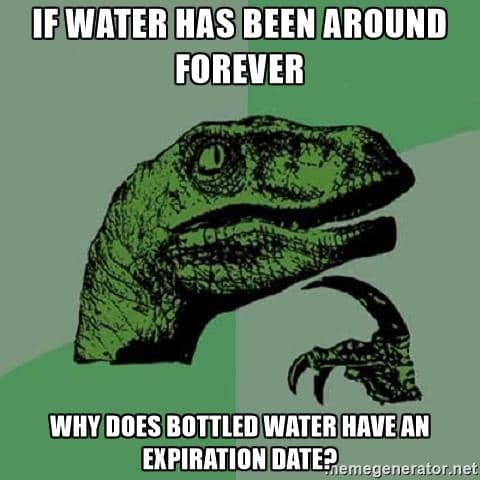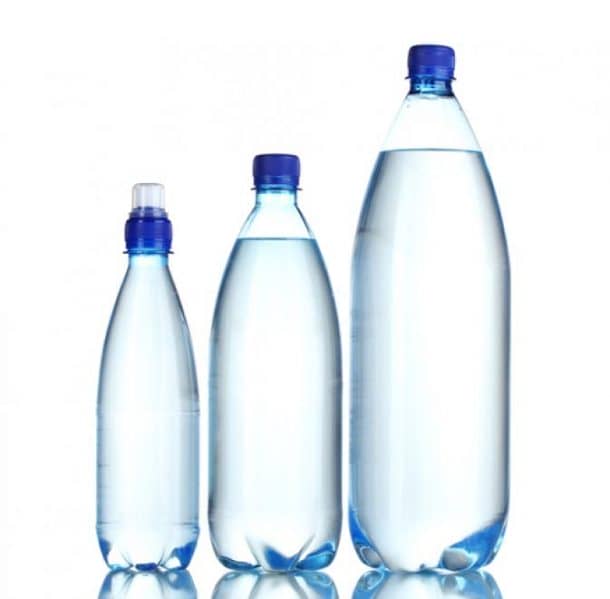Among many blessings we received from mother nature, running water is definitely the top one. Any complex life form refuses to exist without it, or more precisely, they don’t have a choice. One of the things we are grateful for when it comes to water is its abundance and probably our ability to store it indefinitely. I say probably because it depends on whom you ask. However, the last part may not be true in the case of mineral water. Mineral or otherwise bottled water can go bad, and we are curious why? It’s not like sugar or salt have expiration dates!

There are multiple reasons for why bottled water has an expiry date on the label. First and foremost, the water may not be as prone to being expired as the bottle that contains the water. In the case of longer periods of contact between the water and the bottle, the plastic will percolate chemicals into the water. Because of this, water may not be necessarily poisonous, however, the taste might not be as fresh as you’d hope. This is beneficial to the manufacturer in more than one way, first is obvious, the second is the readymade reply to the taste-complaints they may receive.

Another reason is that the manufacturer uses the same machines to bottle water as they do to bottle soda. See where I am going with this? No, you don’t! Carbonated beverages can expire, so should be labeled accordingly. So you would rather label all the bottles with an expiration date whether bottle needs it or not than have a sperate machine dedicated just to the job.
Since the label contains date along with some other information e.g. the bottling plant manufacturing date, it could be helpful in tracking the product recalls, bottling errors and most importantly tracking contamination.

Since governments get all the blame for all kinds of things, we would like to join the rebellion and say that water bottles, being the consumable food product it is, is obliged by the law to have an expiration label. How could they?
Credits: Live Science.


